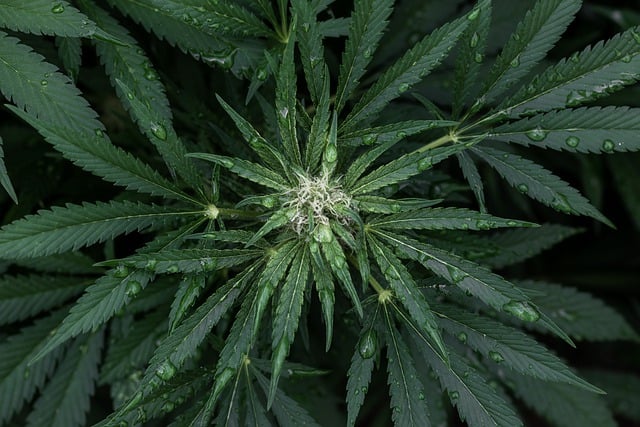
THCA Flower: A Natural Alternative to Traditional Medications
In recent years, the exploration of natural remedies has gained significant traction, with many individuals seeking alternatives to conventional pharmaceuticals. Unique benefits of THCa flower strains one alternative that has captured attention is THCA flower, a non-psychoactive compound found in cannabis. This article delves into the potential benefits of THCA flower, its applications, and how it compares to traditional medications.
Understanding THCA: The Basics
THCA, or tetrahydrocannabinolic acid, is a cannabinoid found in raw cannabis plants. Unlike THC, the compound responsible for the psychoactive effects of cannabis, THCA does not produce a “high.” This makes it an appealing option for those looking to harness the therapeutic benefits of cannabis without the mind-altering effects.
How THCA Works
THCA interacts with the body’s endocannabinoid system, which plays a crucial role in maintaining homeostasis. By binding to cannabinoid receptors, THCA can influence various physiological processes, potentially offering relief from a range of conditions.
Potential Health Benefits of THCA Flower
Research into THCA flower is still in its early stages, but preliminary findings suggest several promising health benefits:
- Anti-inflammatory Properties: THCA has shown potential in reducing inflammation, which could be beneficial for conditions like arthritis and inflammatory bowel disease.
- Neuroprotective Effects: Some studies indicate that THCA may help protect brain cells, offering potential benefits for neurodegenerative diseases such as Alzheimer’s and Parkinson’s.
- Anti-emetic Benefits: THCA may help alleviate nausea and vomiting, making it a potential option for patients undergoing chemotherapy.
- Appetite Stimulation: Similar to THC, THCA may help stimulate appetite, which can be beneficial for individuals with conditions that cause appetite loss.
Comparing THCA Flower to Traditional Medications
When considering THCA flower as an alternative to traditional medications, several factors come into play:
Side Effects and Safety
Traditional medications often come with a range of side effects, some of which can be severe. THCA, being non-psychoactive, tends to have a more favorable side effect profile. Users report fewer adverse effects, making it a potentially safer option for long-term use.
Effectiveness and Versatility
While traditional medications are designed to target specific conditions, THCA offers a more holistic approach. Its interaction with the endocannabinoid system allows it to address multiple symptoms simultaneously, providing a versatile treatment option.
Case Studies and Real-World Applications
Several case studies highlight the potential of THCA flower in real-world applications. For instance, a study involving patients with chronic pain found that those using THCA reported significant improvements in pain management compared to those on conventional painkillers. Another case study focused on patients with epilepsy, where THCA was shown to reduce seizure frequency and severity.
Legal and Accessibility Considerations
The legal status of THCA flower varies by region, impacting its accessibility. In areas where cannabis is legal for medical or recreational use, THCA products are more readily available. However, in regions with stricter cannabis laws, access may be limited.
Quality and Sourcing
For those interested in exploring THCA flower, sourcing high-quality products is crucial. Consumers should look for reputable suppliers who provide lab-tested products to ensure purity and potency.
Conclusion
THCA flower presents a promising natural alternative to traditional medications, offering potential benefits for a range of conditions with fewer side effects. While research is still ongoing, the existing evidence suggests that THCA could play a valuable role in modern healthcare. As interest in natural remedies continues to grow, THCA flower stands out as a compelling option for those seeking holistic and effective treatment solutions.